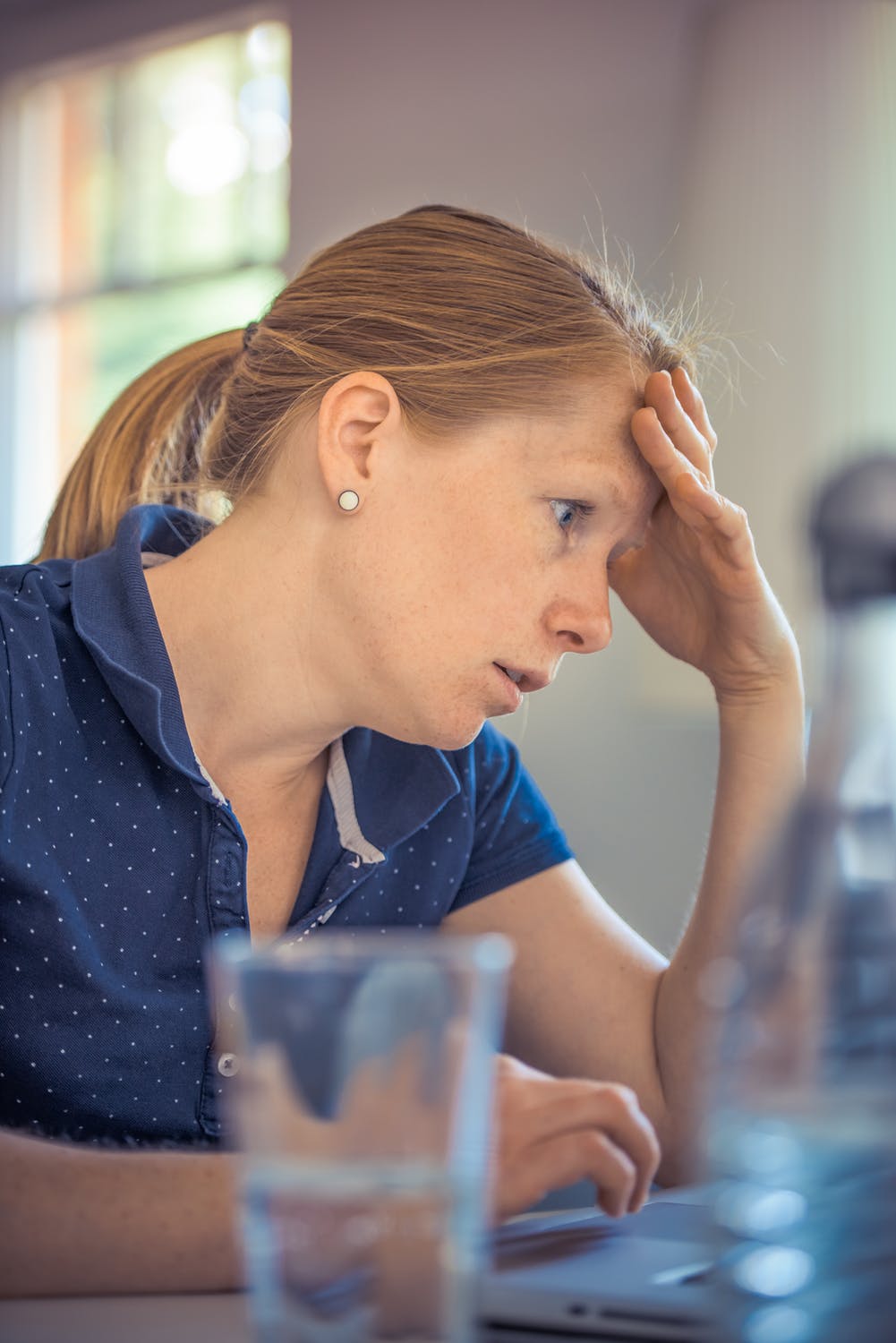Approximately 40 million adults in the United States (18.1 percent of the population) struggle with some kind of anxiety disorder (generalized anxiety disorder, PTSD, phobias, etc.).
Not only do anxiety disorders seriously hinder a person’s mental well-being, but they can also have a negative effect on their physical health. Research has linked anxiety disorders to an increased risk of developing respiratory issues and digestive conditions like irritable bowel syndrome. Anxiety has also been connected to poor cardiovascular health in some individuals.
Read on to learn more about the connection between anxiety and the cardiovascular system and what you can do to manage your anxiety and keep your heart healthy.
The Connection Between Anxiety and Heart Health
When people feel anxious, they typically experience a temporary increase in their blood pressure.
This increase doesn’t last for very long and, in many people, it won’t contribute to the development of long-term hypertension (high blood pressure). But, depending on the severity of your anxiety and your overall health, frequent spikes in blood pressure could cause damage to the heart and blood vessels.
People who struggle with anxiety are also more prone to participate in risky behaviors that increase their risk of developing high blood pressure. These behaviors include smoking, overeating, and over-consuming alcohol.
Some of the medications that people use to treat anxiety, like serotonin and norepinephrine reuptake inhibitors (also known as SNRIs), have been shown to increase blood pressure.
Ways to Manage Anxiety to Maintain Heart Health
It would be an oversimplification to say that anxiety directly leads to poor heart health. But, it seems safe to say that people who struggle with anxiety might want to take precautions to manage their blood pressure and prevent future cardiovascular issues.
The good news is that many natural remedies for lowering blood pressure may also be effective in treating anxiety. By taking up one or more of these lifestyle changes, you could kill two birds with one stone by reducing your anxiety and promoting good heart health.
The following are some of the most effective non-drug treatments for hypertension and anxiety:
Yoga
Mindfulness practices like yoga combine gentle movement and breathing exercises to naturally quiet the mind and lower levels of anxiety.
Research also shows that yoga can also be highly effective at lowering hypertension. This is especially true when the yoga practice involves a balance of poses, breathing exercises, and meditation.
Exercise
If yoga is not your thing, you can still lower your anxiety and blood pressure with regular, moderately intense forms of exercise. Walking, jogging, and weightlifting can all help people manage their anxiety and reduce their blood pressure. This is especially true in overweight individuals since it can help them manage their weight.
Spending Time Outdoors
If you want to lower your anxiety and keep your blood pressure under control, make sure you’re spending plenty of time outside. Time in the fresh air is great for managing anxiety and helping you stay calm throughout the day. The stress reduction that results from spending time in nature also is great for your blood pressure.
Biofeedback
A biofeedback device may help anxious individuals become aware of the physical changes they’re experiencing when anxiety strikes. This, in turn, can help them take note of what’s going on so they can take steps to reduce their stress and keep their heart rate under control. This can also play a role in managing increases in blood pressure.
Daily Blood Pressure Monitoring
For folks who are already worried about their blood pressure and the effect that anxiety could be having on it, measuring your blood pressure each morning can help you take note of changes and look for factors that could be causing them.
Keeping track of your blood pressure can give you a sense of empowerment and reminds them that, to a large extent, they’re in control of their health.
Many at-home blood pressure monitors provide accurate blood pressure readings and are quite affordable. Just make sure you’re taking your blood pressure at the same time every morning to get accurate results.
Dietary Changes
Changes in diet can help you manage your anxiety effectively. Eliminating foods like processed carbohydrates and sugar, which make some people feel jittery, can also help reduce your risk of developing high blood pressure and other health problems. Focus on getting the majority of your calories from whole foods like vegetables, fruit, meat, fish, nuts, and seeds.
Float Tanks
A float tank is another great tool that can help minimize feelings of anxiety. Many people find that spending time in a floatation take can help them get into a meditative state. This, in turn, reduces stress and anxiety. Because they can reduce stress, floatation tanks can also improve blood pressure for some people.


